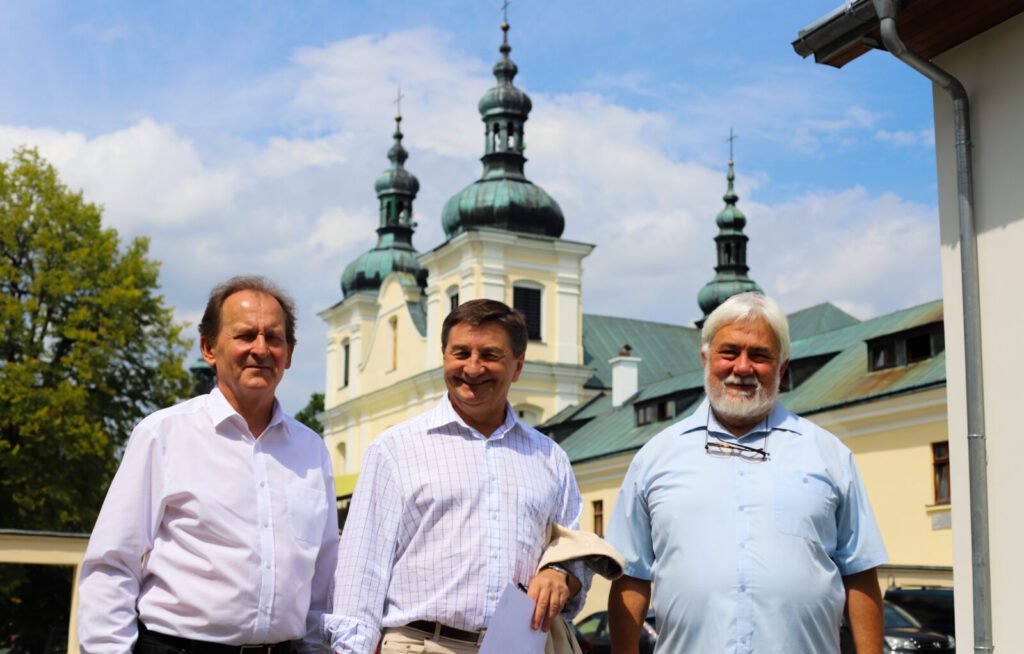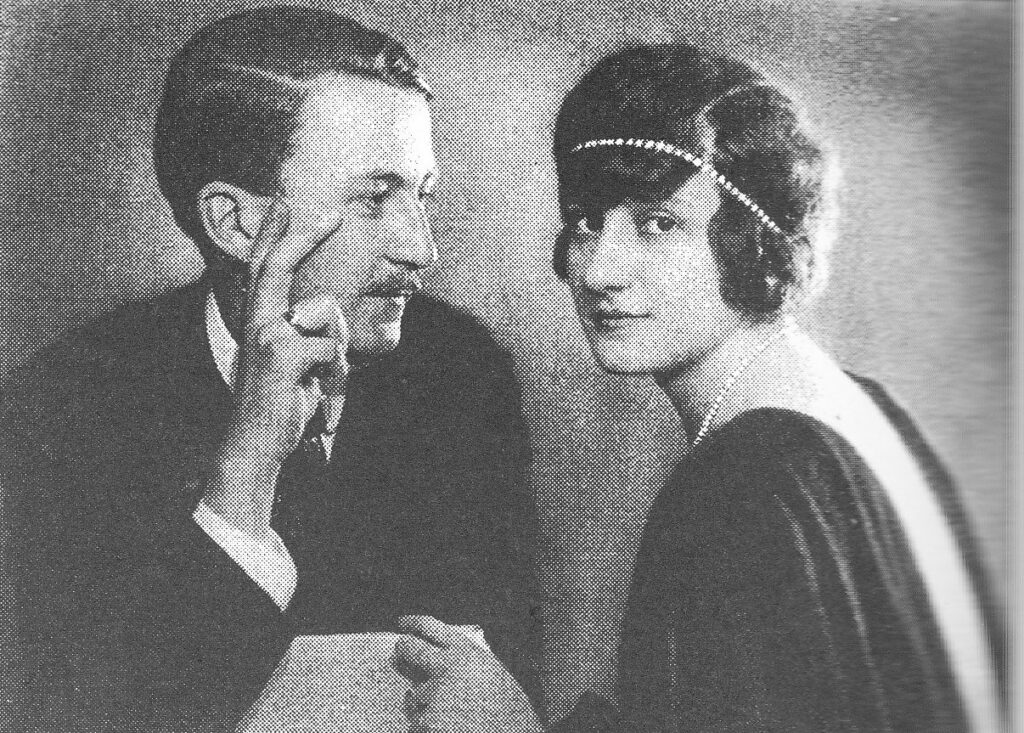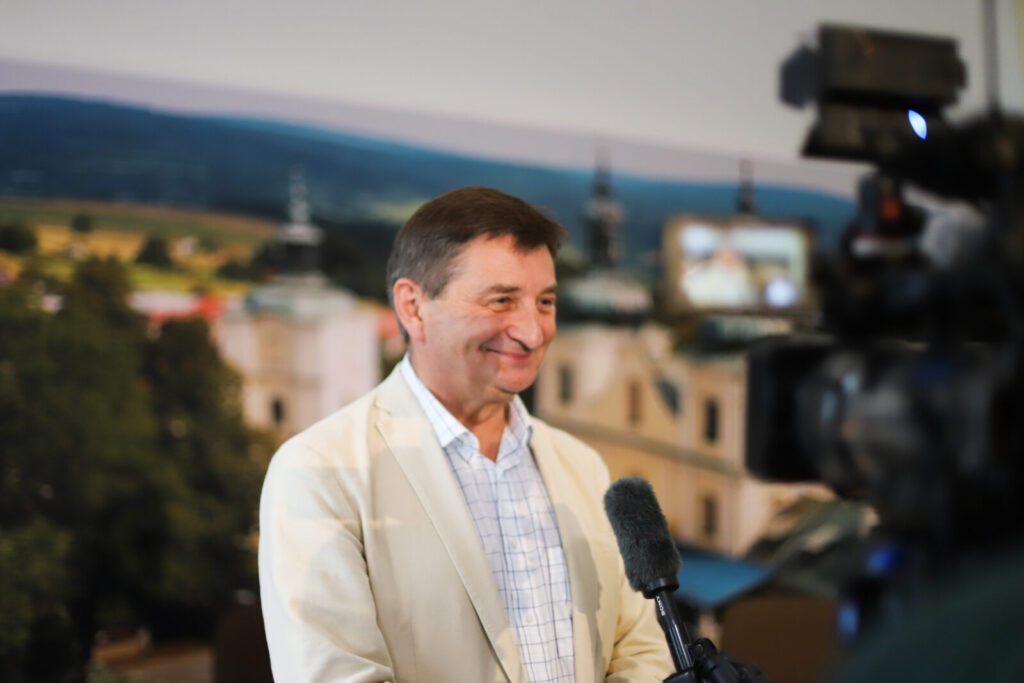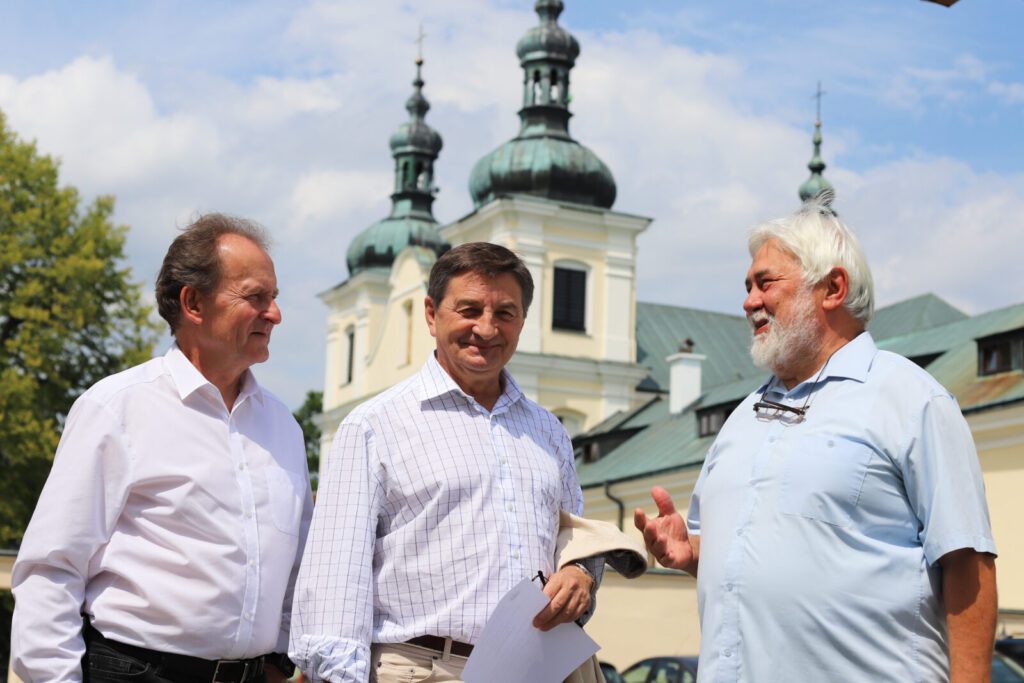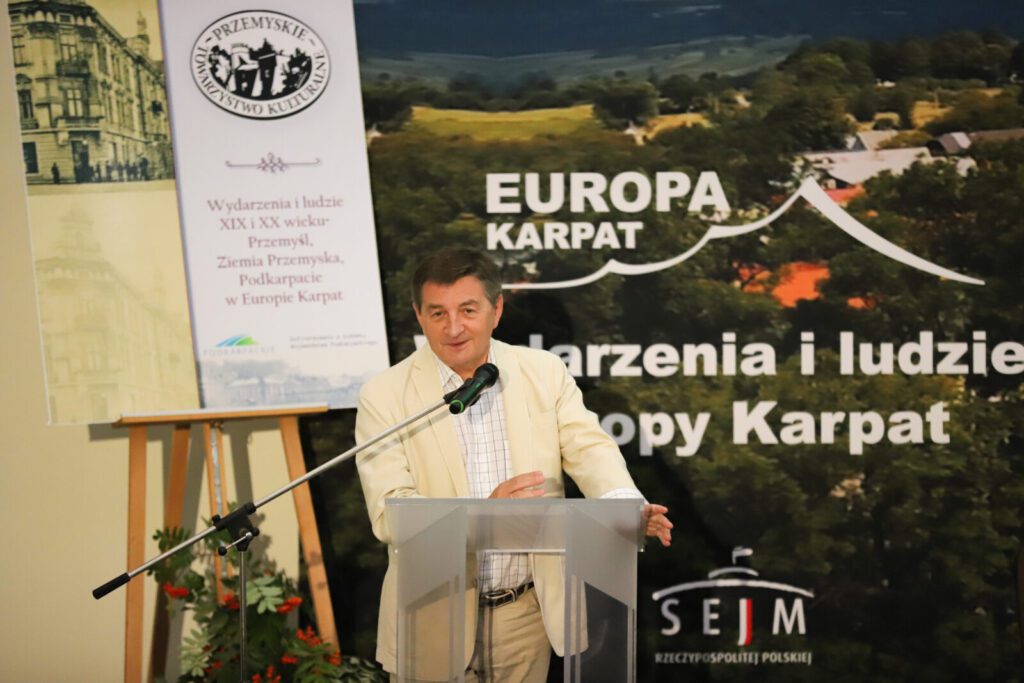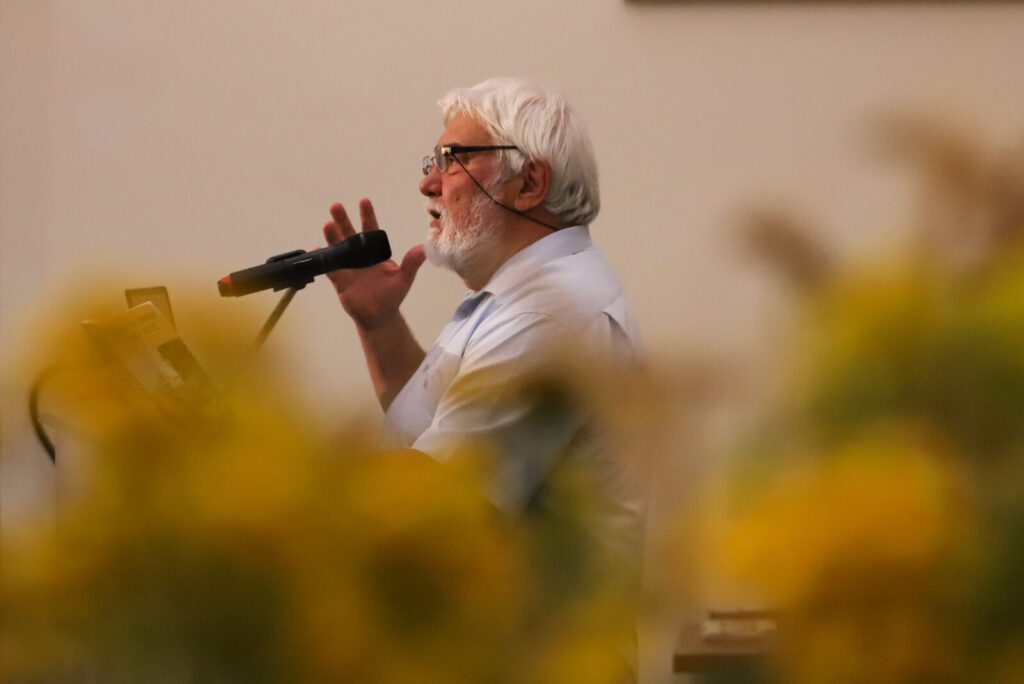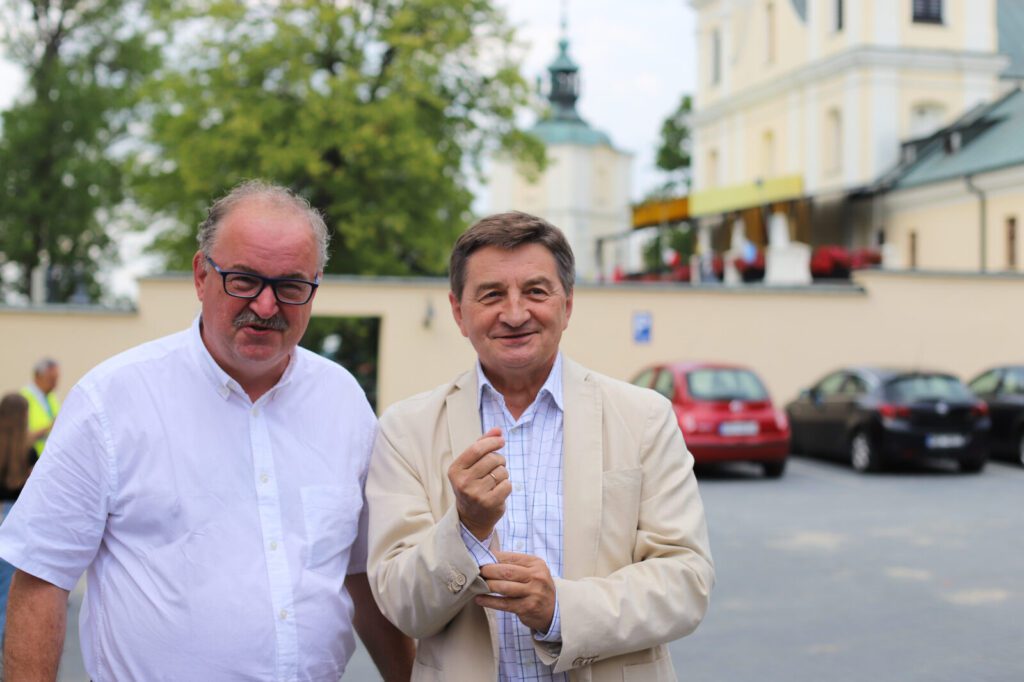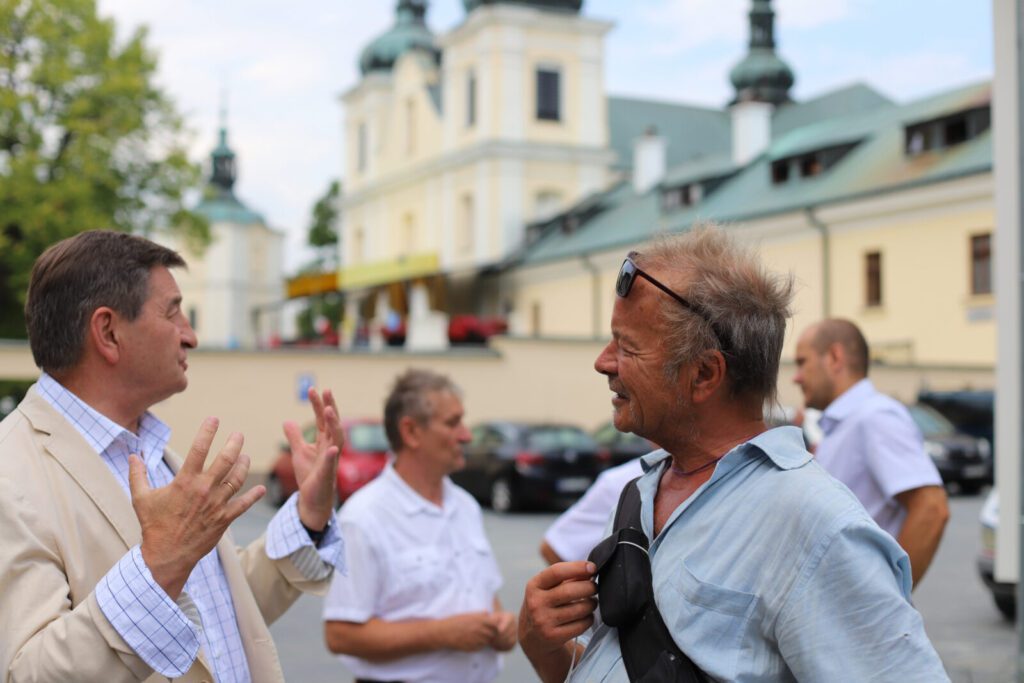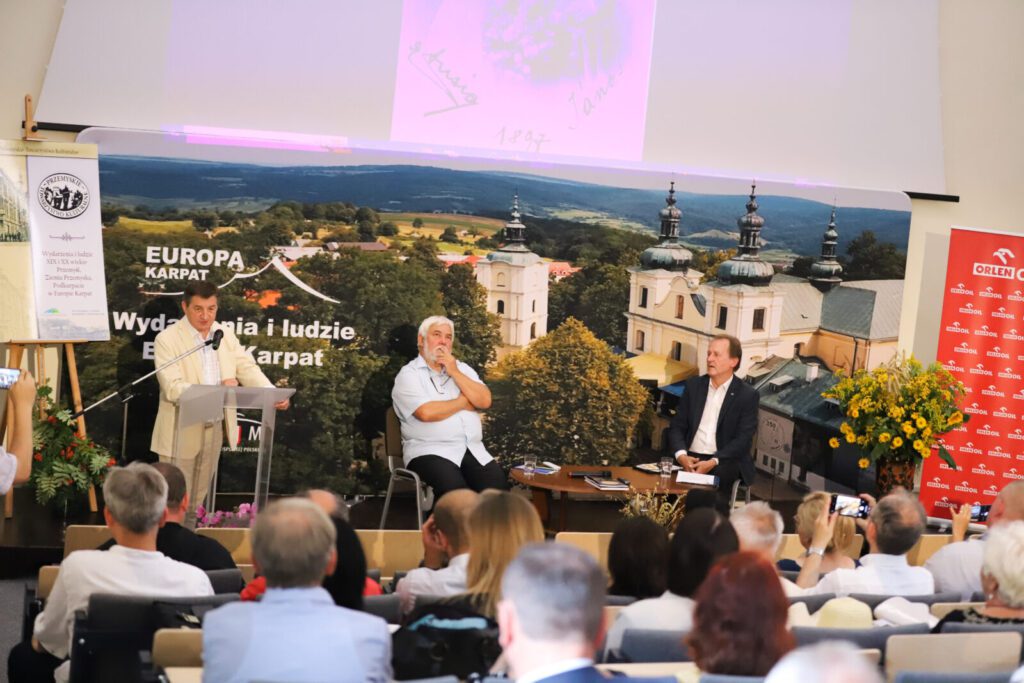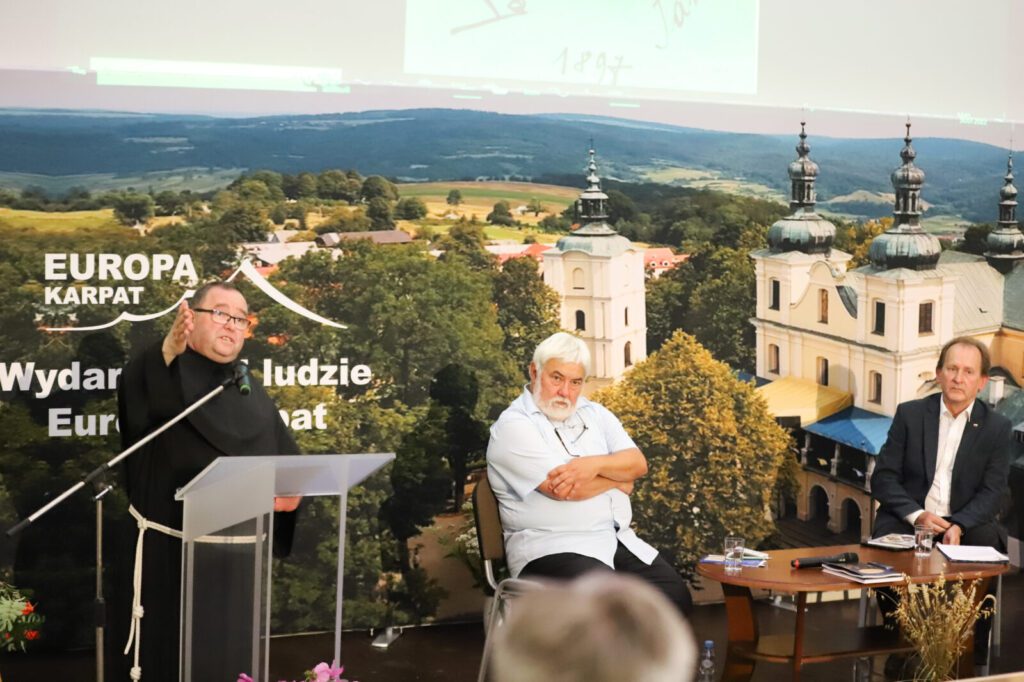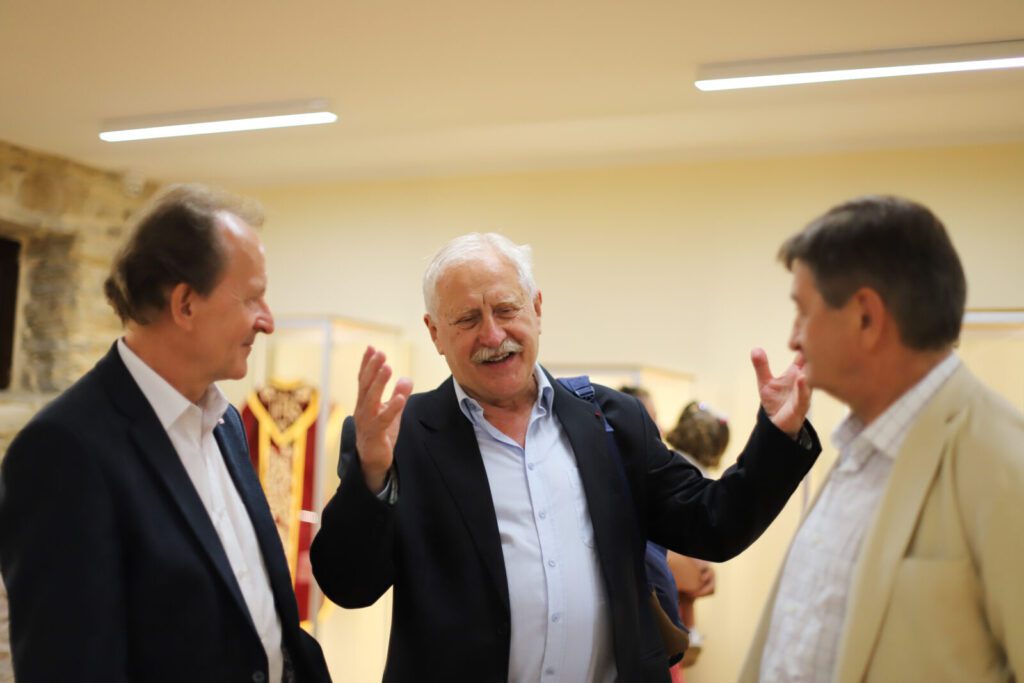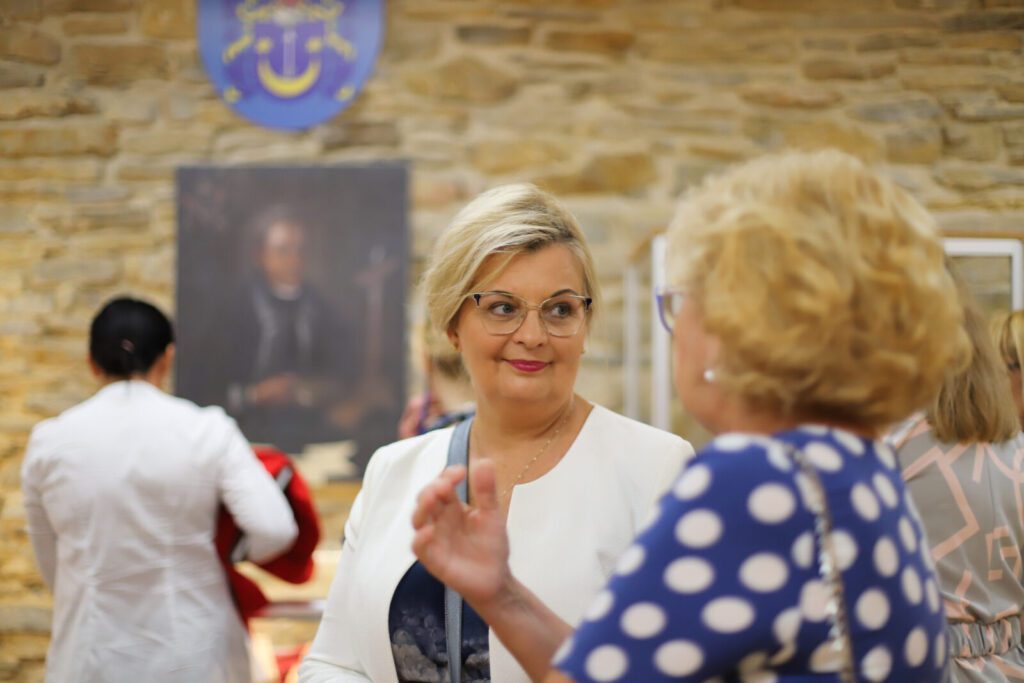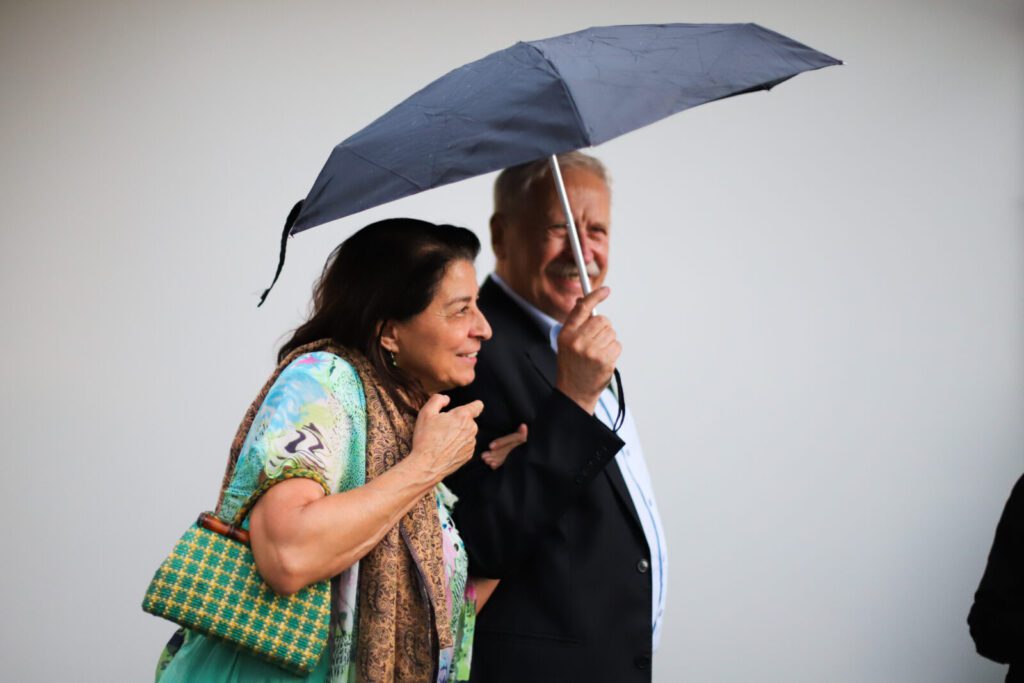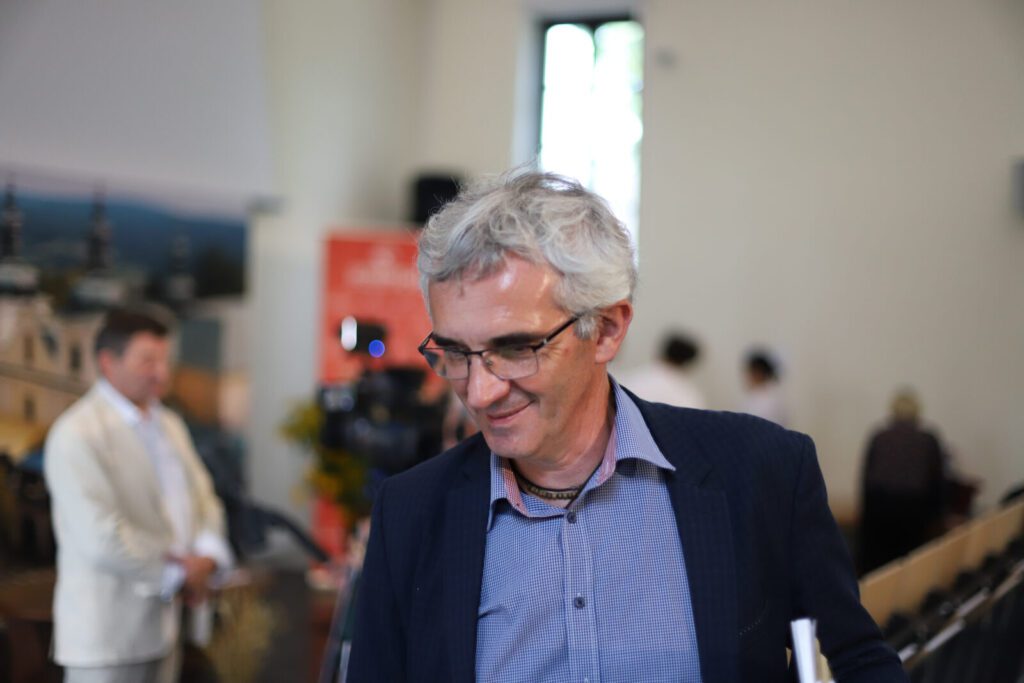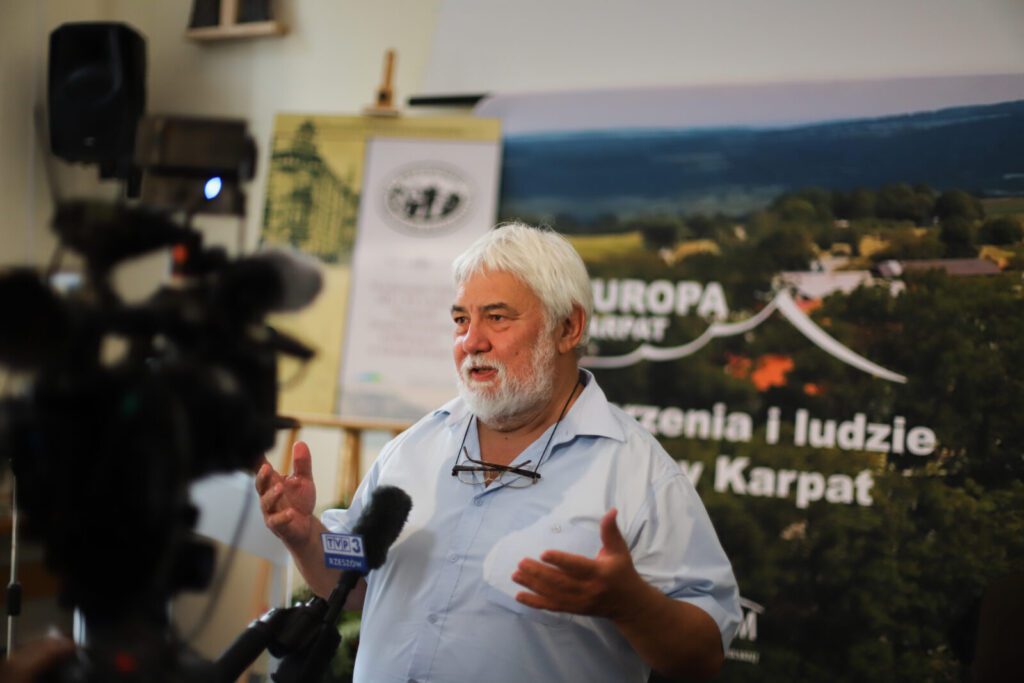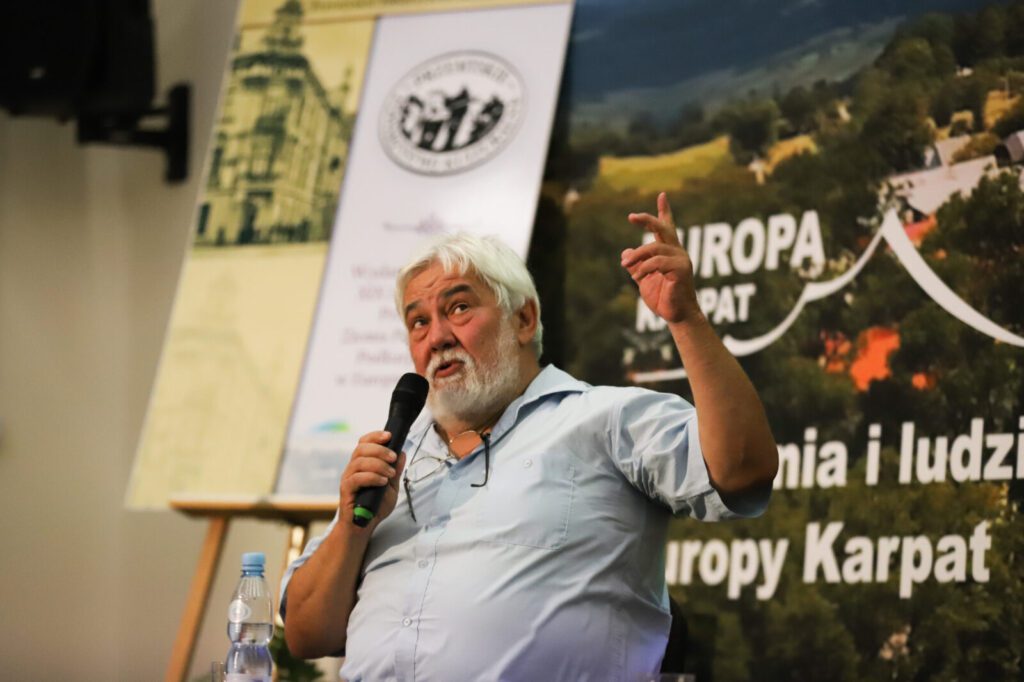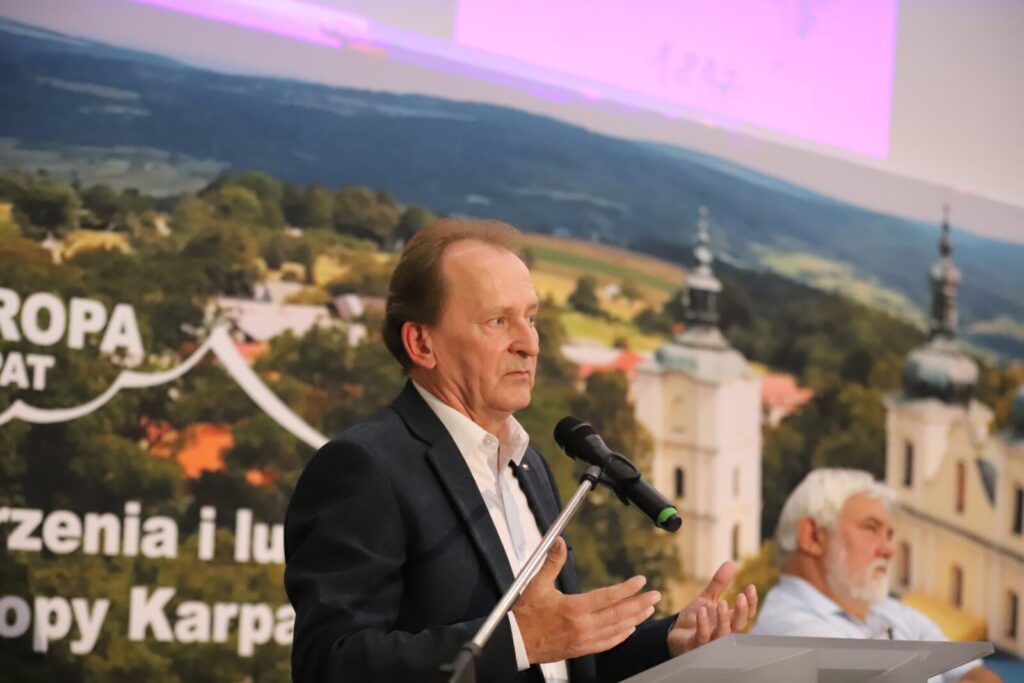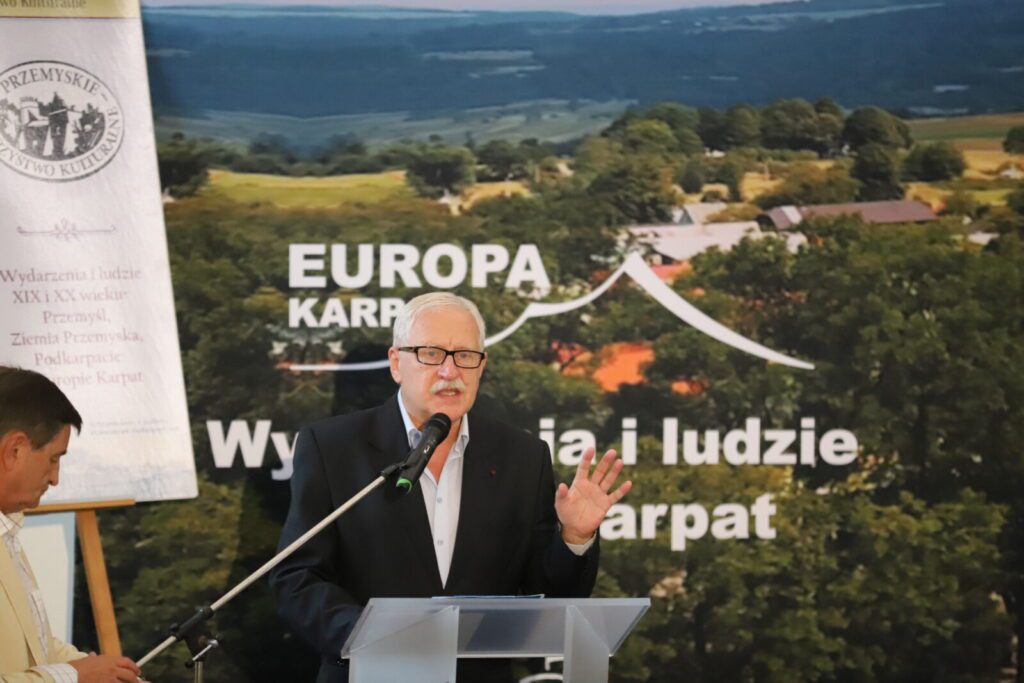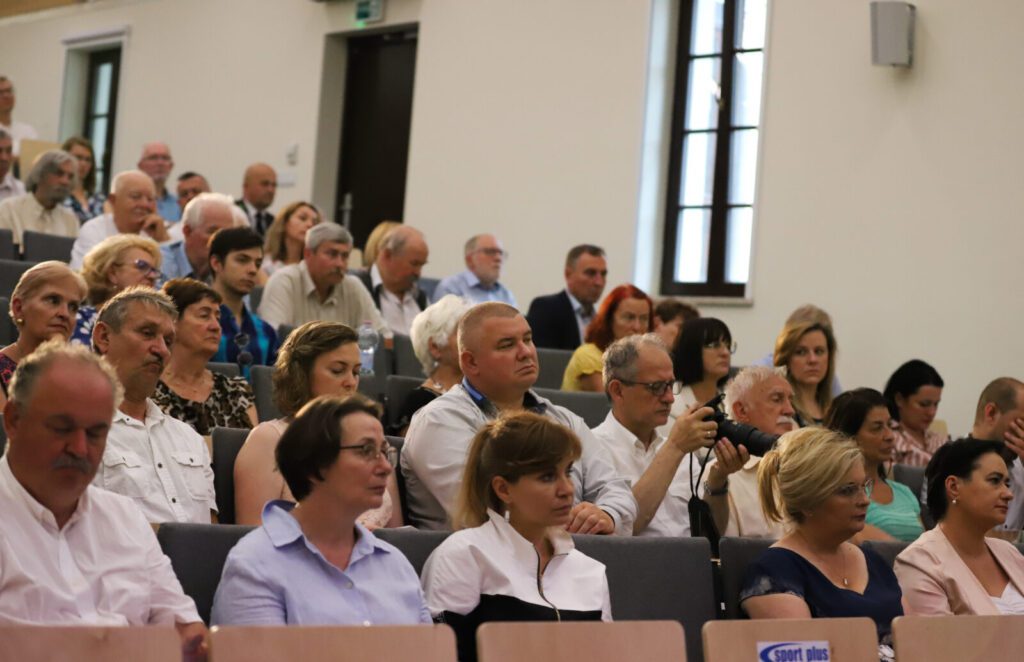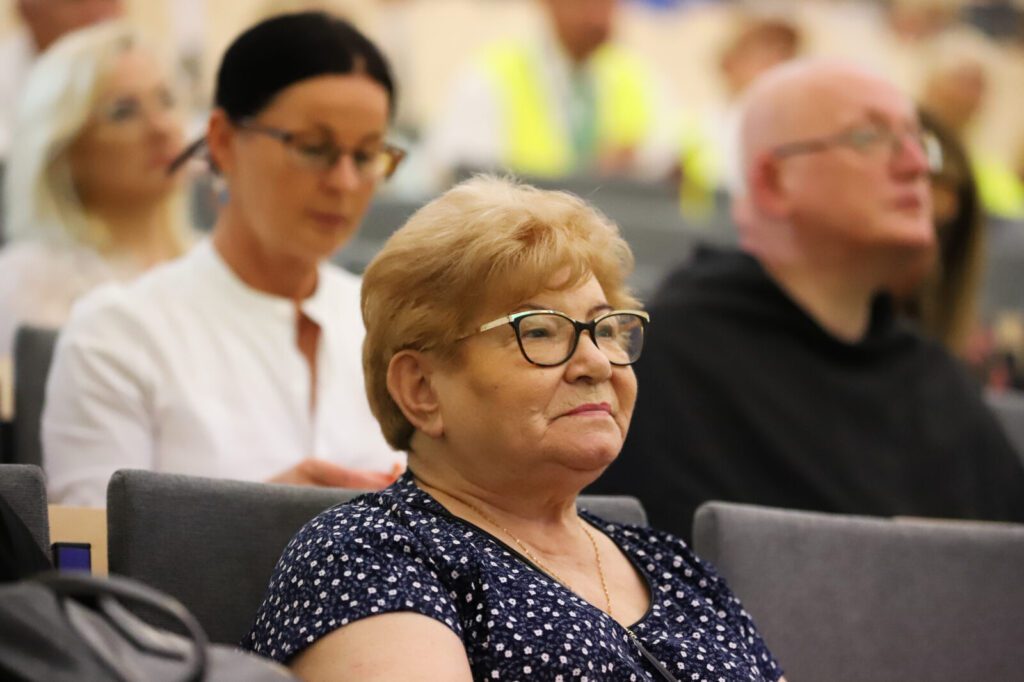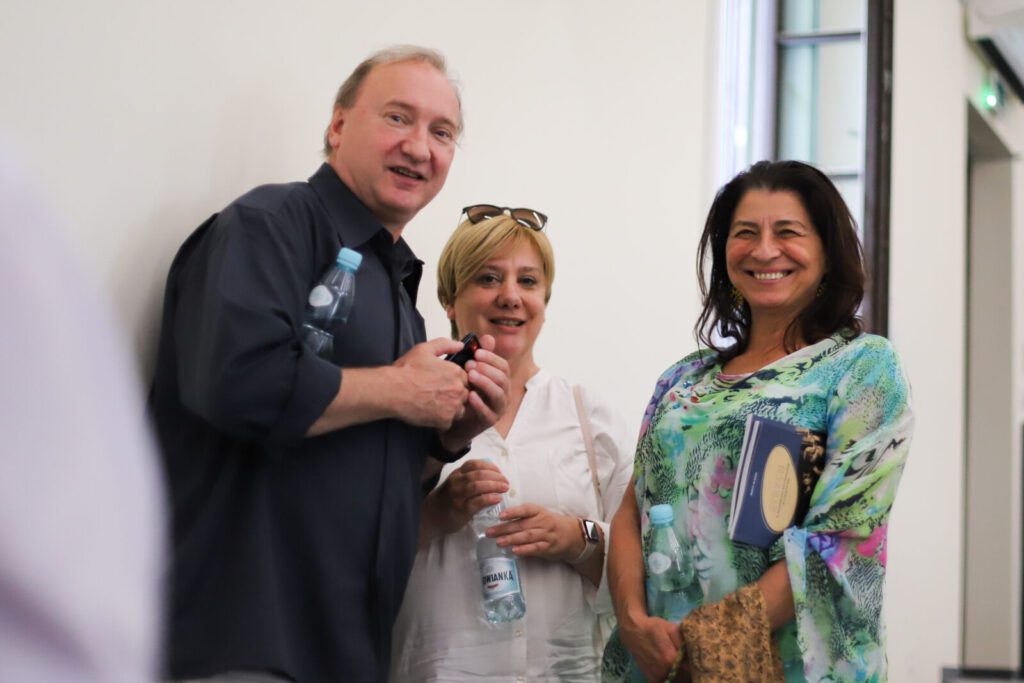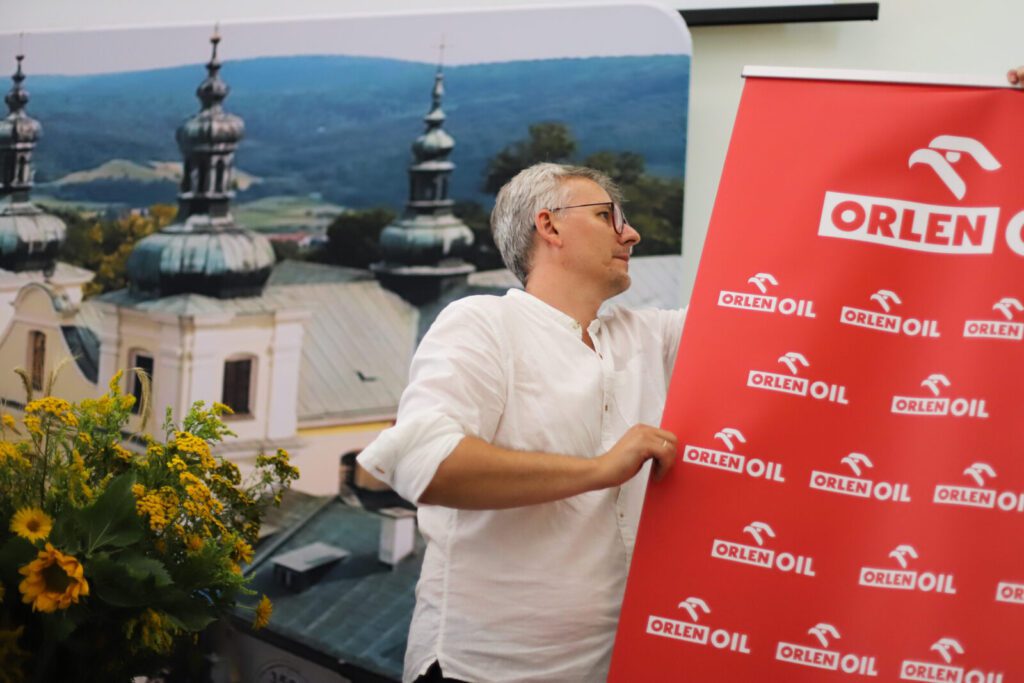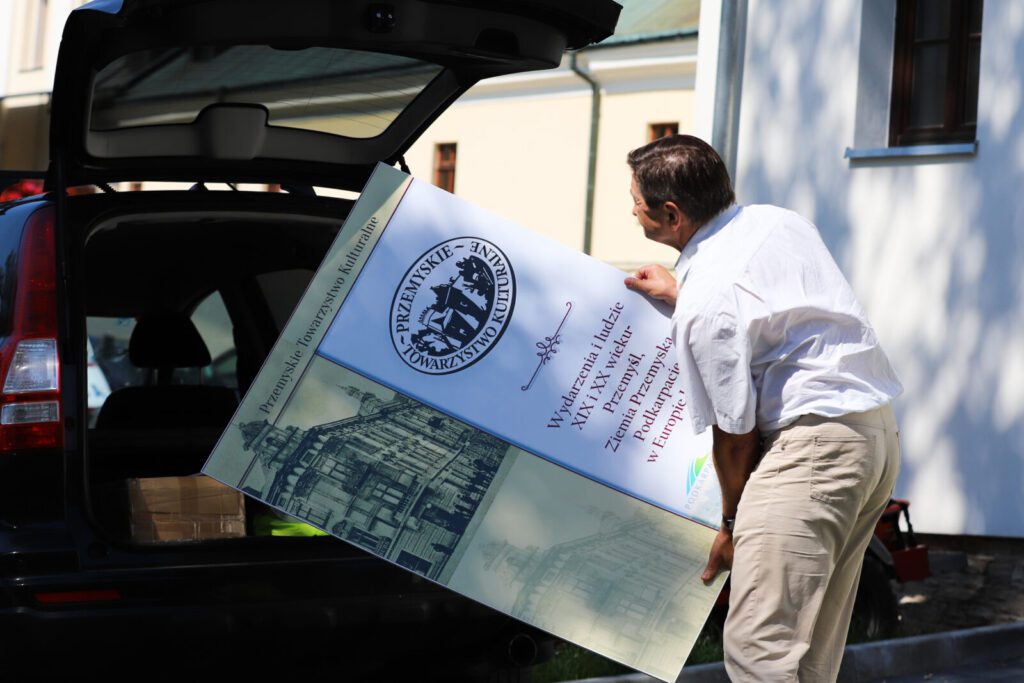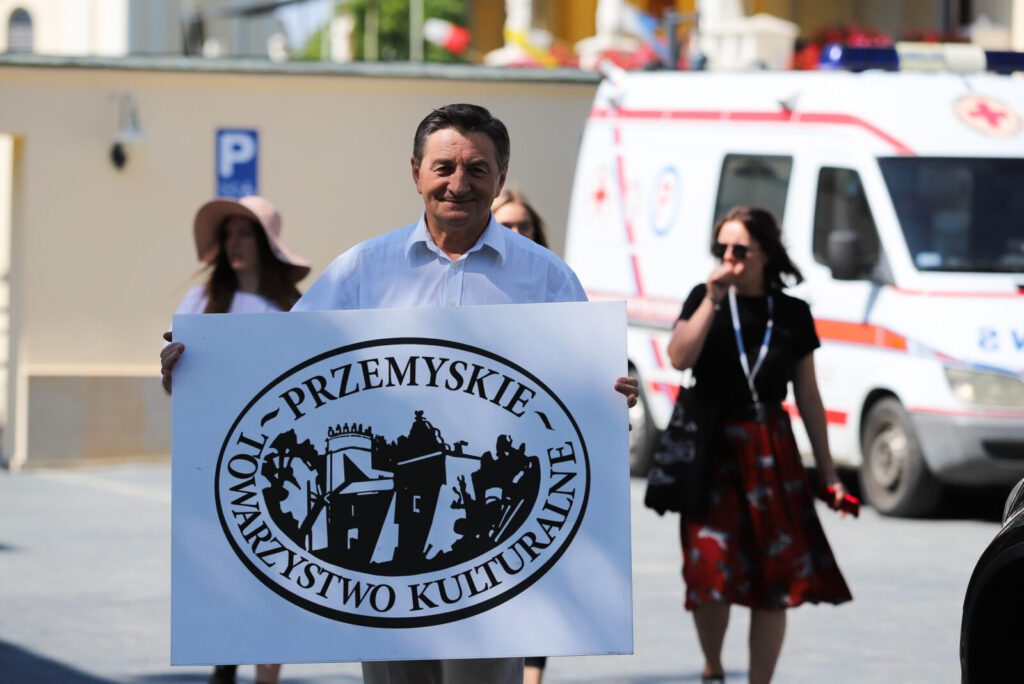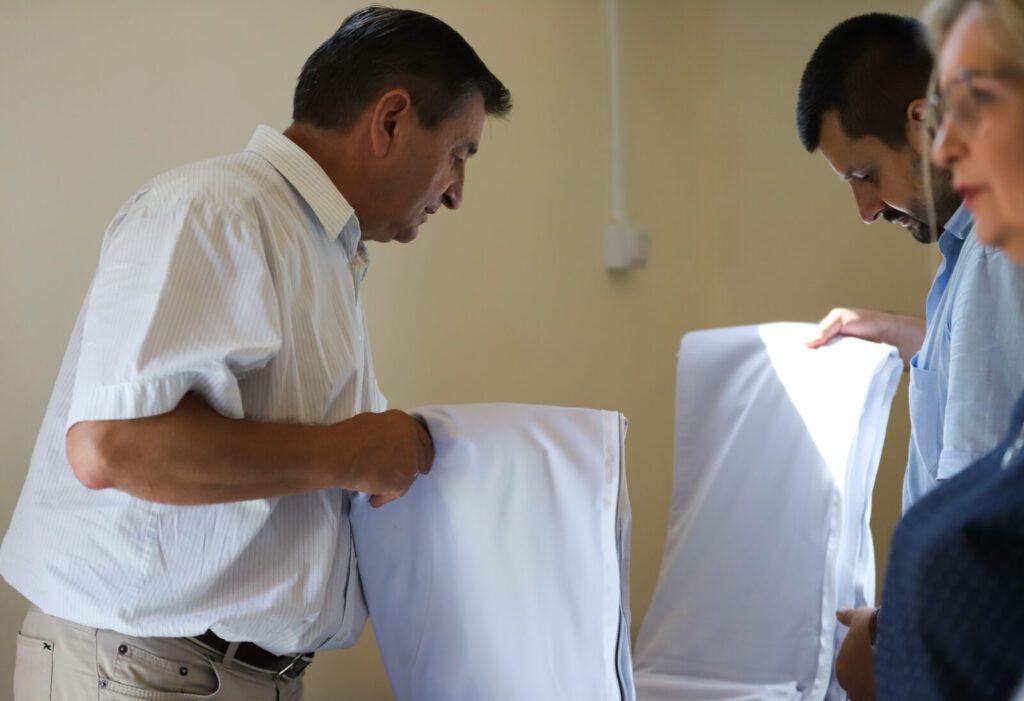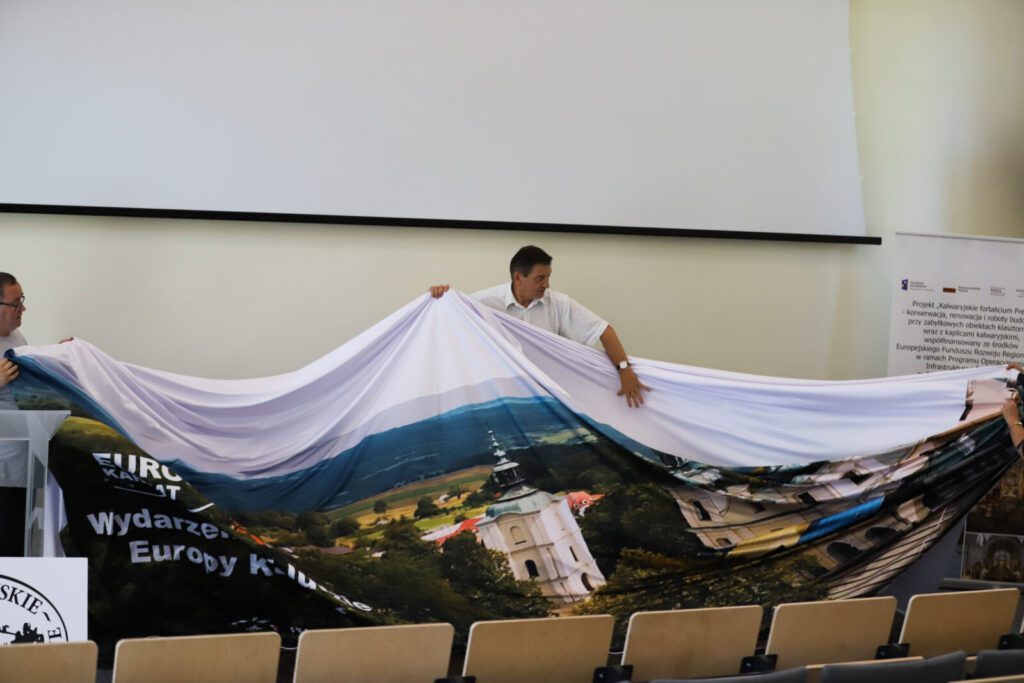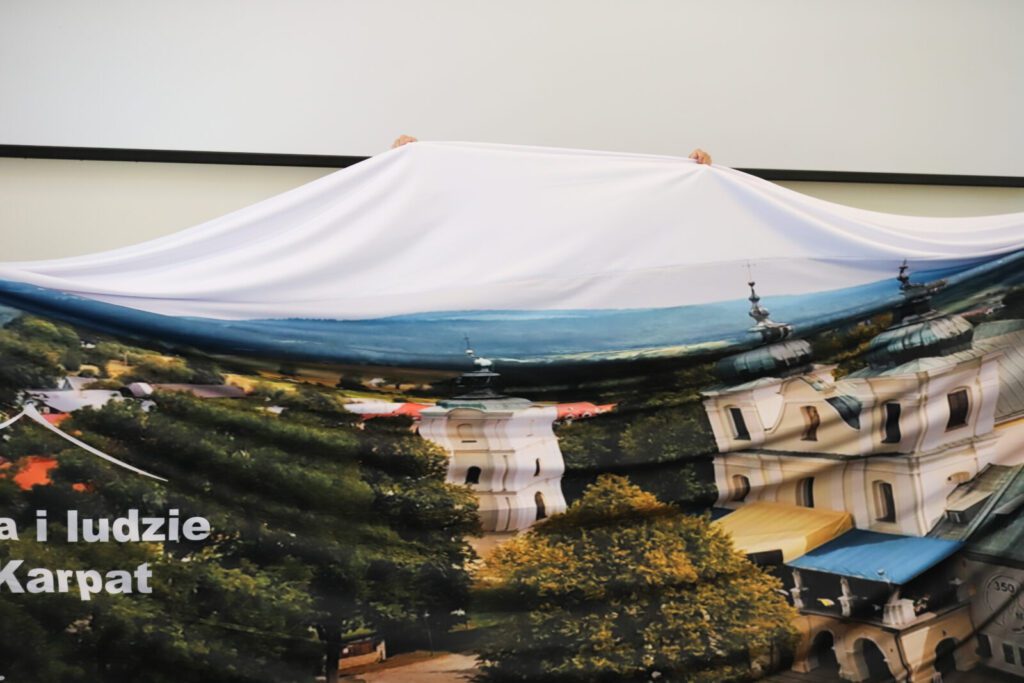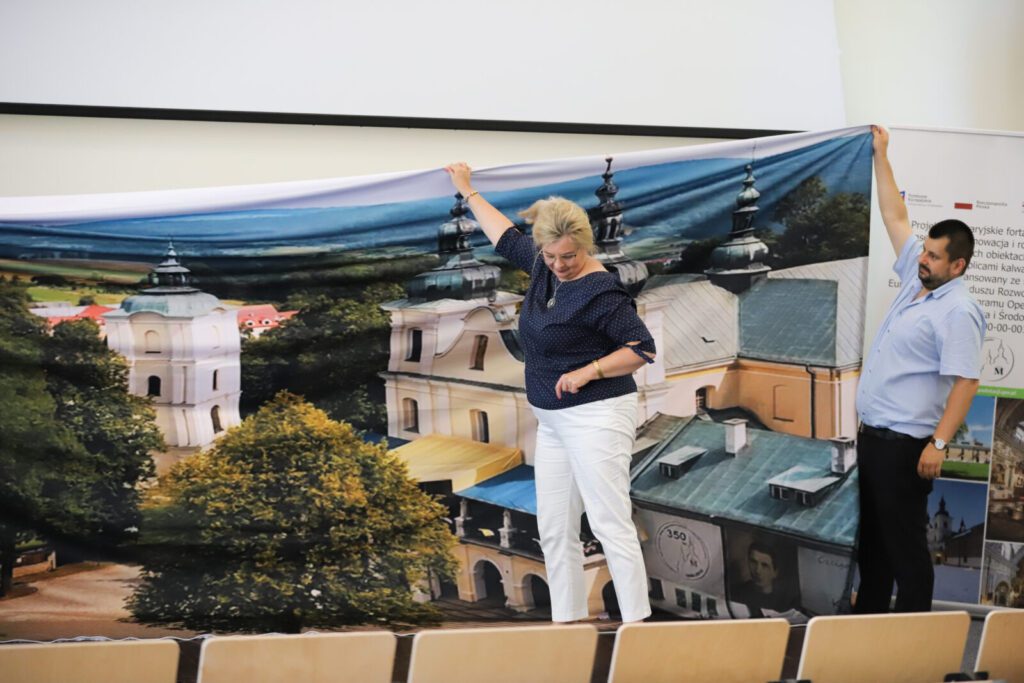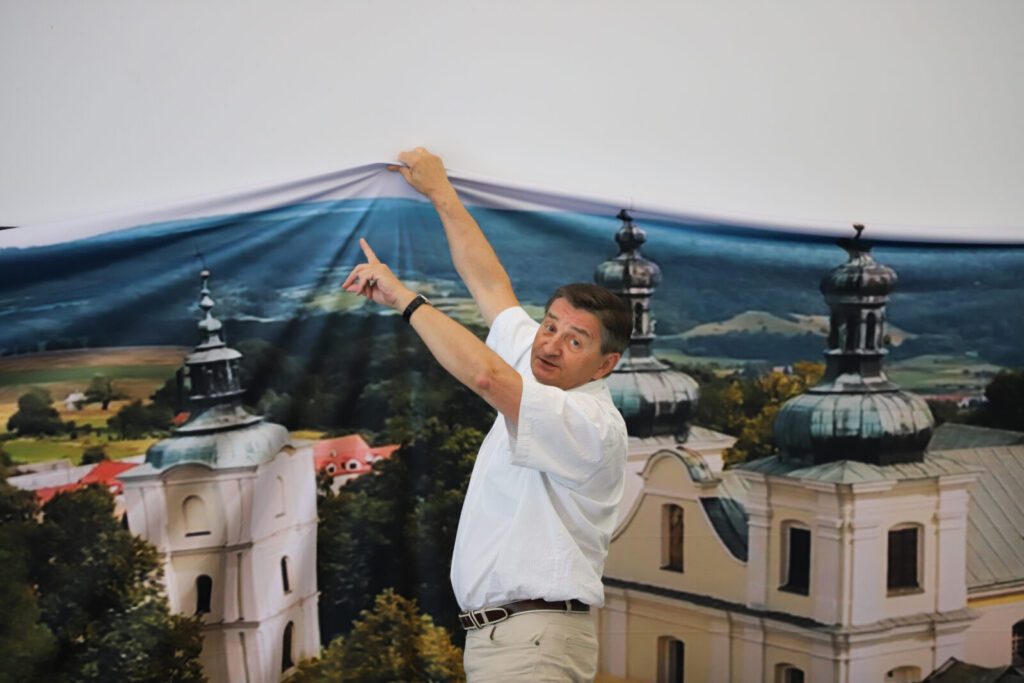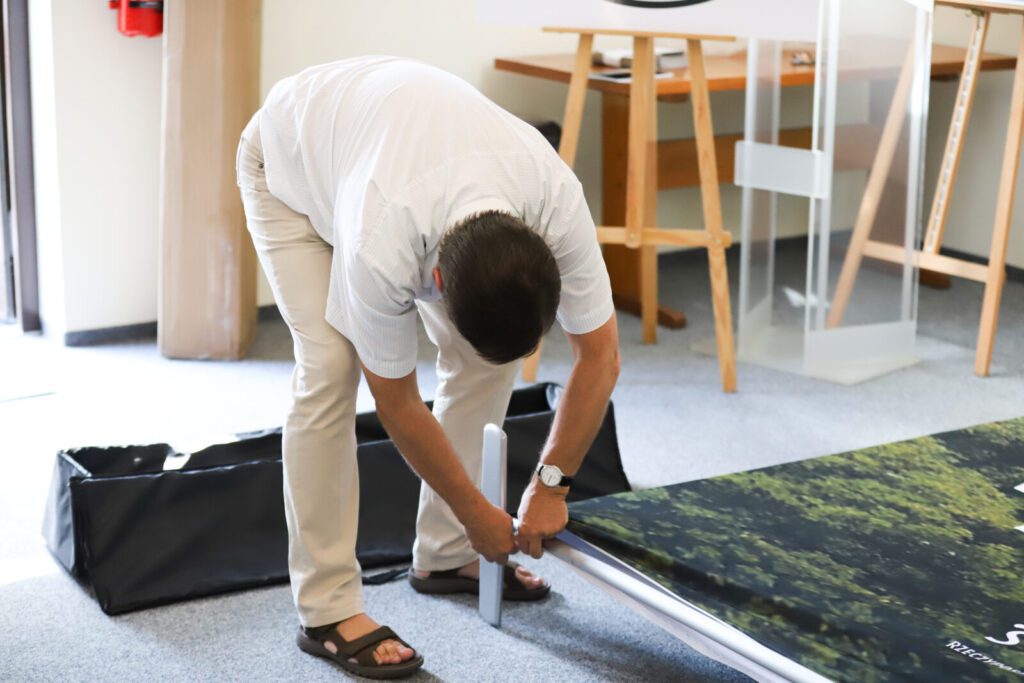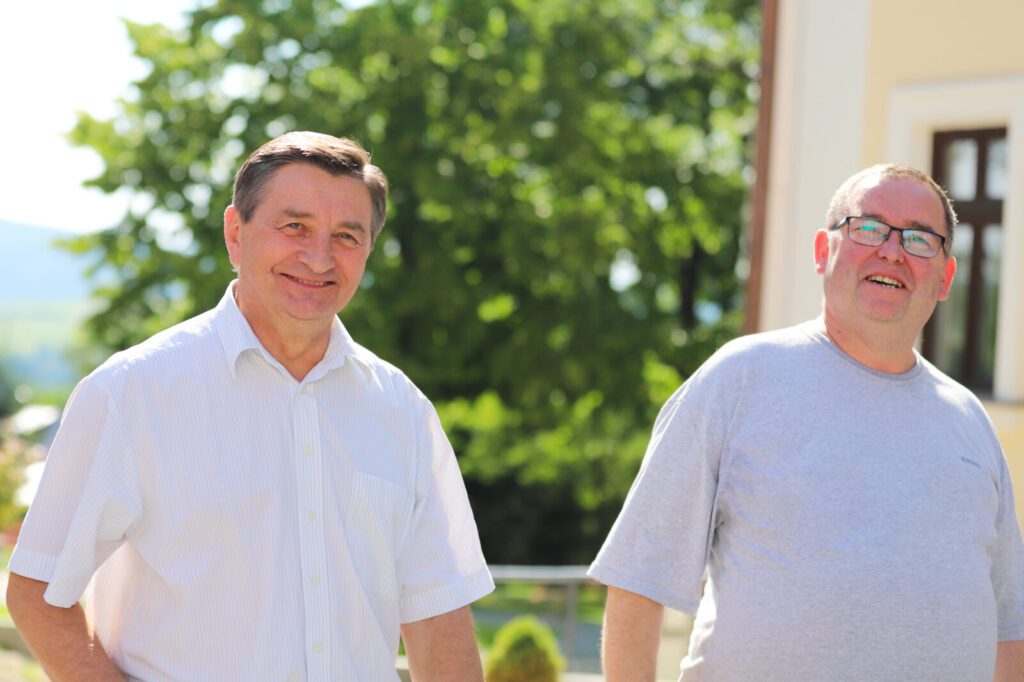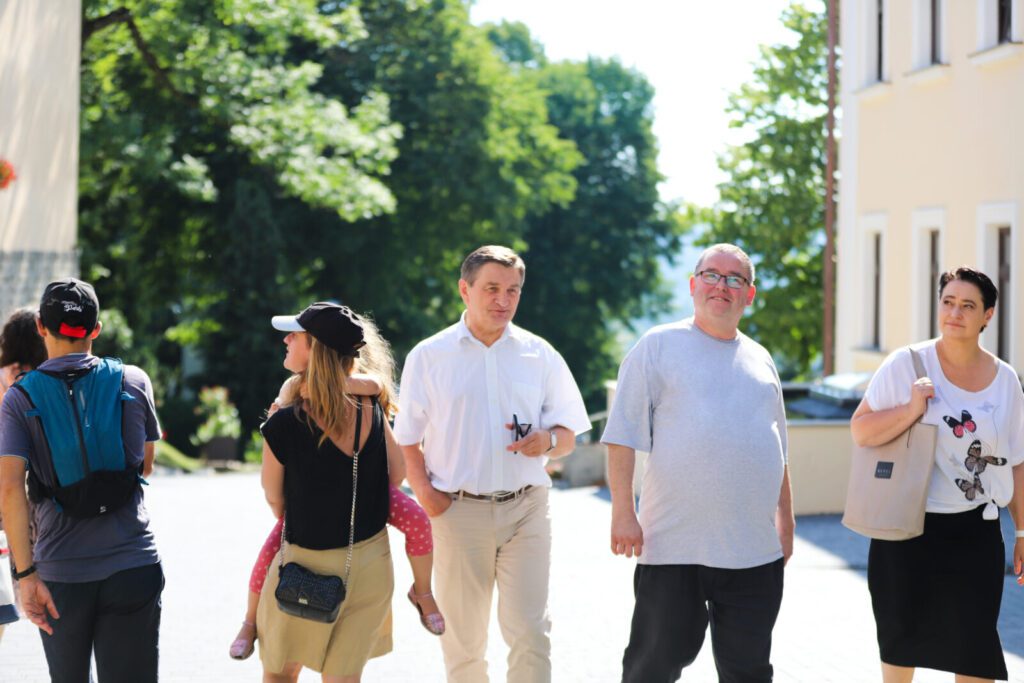On July 30, the 3rd conference in the series "Events and People of the 19th and 20th Centuries - Przemysl, the Przemysl Land and the Subcarpathian Region in the Carpathian Europe", organized by the Przemysl Cultural Society, which was reactivated after 30 years and originated from the independent culture environment, took place in Kalwaria Paclawska in Podkarpacie.
The event was hosted by the President of PTK, Chairman of the Foreign Affairs Committee Marek Kuchcinski, and a lecture on prominent people of the Church and their influence on the perception of values in Central Europe was given by Prof. Włodzimierz Bernacki, Dr. Imre Molnár of Hungary, Dr. Jan Musiał and Guardian Fr. Krzysztof Hura.
- This whole environment, this array of different initiatives, ideas and environments that took place in the great Solidarity movement, here in the Przemysl region, is getting a little blurred. I think we should continue this work. That's first of all. And secondly, it's also important to think about the future, so to bring out the lives of people, figures, outstanding people, people who are forgotten or underestimated," said Marek Kuchcinski. - Characters such as Archbishop Ignacy Tokarczuk, Father Wenanty Katarzyniec, János Esterházy shaped moral attitudes in Central Europe. Our part of Europe is a great intellectual wealth and the strength that faith gives us. It is a tradition that we must proudly preserve. We need authority, love, respect, humility, justice, relationship building. We need hope. That's why we return to the stories of people who are moral guideposts," the Speaker added.
- To speak today of the outstanding personalities of the Church in the 19th century is to speak of a time when most of the nations of that part of the world were not destined to have a state existence, is to speak of figures who enjoyed authority. Today in Western Europe, it would be difficult to understand why these personalities are still so relevant to us today. They were the ones who built a sense of identity and what we call tradition," argued Prof. Wlodzimierz Bernacki. He also recalled that our intellectual elite was brutally destroyed not only during the partitions, but also after the war, under communism. After 89, groups emerged in the countries of our part of Europe that sought to return to authorities, to a system of values of fundamental importance. At the same time, he outlined the danger of Western European thinking about authority as a path to authoritarianism.
- Polish-Hungarian friendship is a gift from God and sacred, just as sacred is the land of Galicia, where 70,000 Hungarian soldiers rest," began the lecture by Dr. Imre Molnár. It was from Galicia that János Esterházy, the son of a Hungarian aristocrat and a Polish countess, whose stance expresses Christian and national identity - who, in 1939, when encouraged to turn the party into a Nazi one, replied: Our sign is the cross, not the swastika. By the same token, Esterházy warned that a nation that strips God from its traditions is doomed to decline. After the September defeat of Poland, he organized the transfer of Polish soldiers to Hungary. After the war, he was exiled to Soviet gulags and later confined to a Czechoslovak prison for life, and died of exhaustion in 1957.
Another figure, presented by Dr. Jan Musial, is remarkable not only for his beautiful path towards God or his steadfast stand against the communist regime, but also for his closeness to his parishioners - many of those who came to the Calvary conference knew Archbishop Ignatius Tokarczuk personally, and knew him as "the shepherd of the diocese committed to making it more and more the house of God, to make as much as possible of God in all decisions and in the hearts of the diocesan people." "I am to be a prophet of truth, a herald of Christ, a shepherd of his people not in writing, but in deed," he - declared and put into action Archbishop Tokarczuk. Truth had a notable place in the bishop's ministry. It was abused by him, especially in his sermons, so much so that the seminarians of the Przemyśl seminary held competitions as to who would catch the most examples of the word. Good is given to us without merit," he said, "because we ourselves are good in the eyes of God, beauty is given without obligation, but truth is inflicted on us. Whoever accepts the truth should live according to it. Then he will be both good and beautiful.
Finally, the silhouette of Father Wenanty Katherine was presented - also a Franciscan - by Calvary Guardian Father Christopher Hura. The saint was such an unusual figure for the local population that after indulgences a lump of earth was taken with him, under which he lay. The great interest in Fr. Venenty is also evidenced by the number of 85 items published on him, which no other saint has received. Fr. Wenenty was also greatly impressed by Fr. Maximilian Kolbe, who was striving to initiate the beatification process, and recalled that his friend did not force himself to do extraordinary deeds, but performed ordinary ones extraordinarily. One penitent, deprived of both legs, whom he confessed, recalled: "Bitterness, doubt: he was able to soothe everything with kindness! Always after confession before him, a blissful peace possessed my soul: I felt that I had confessed to a saint."
mo, photo. mo
